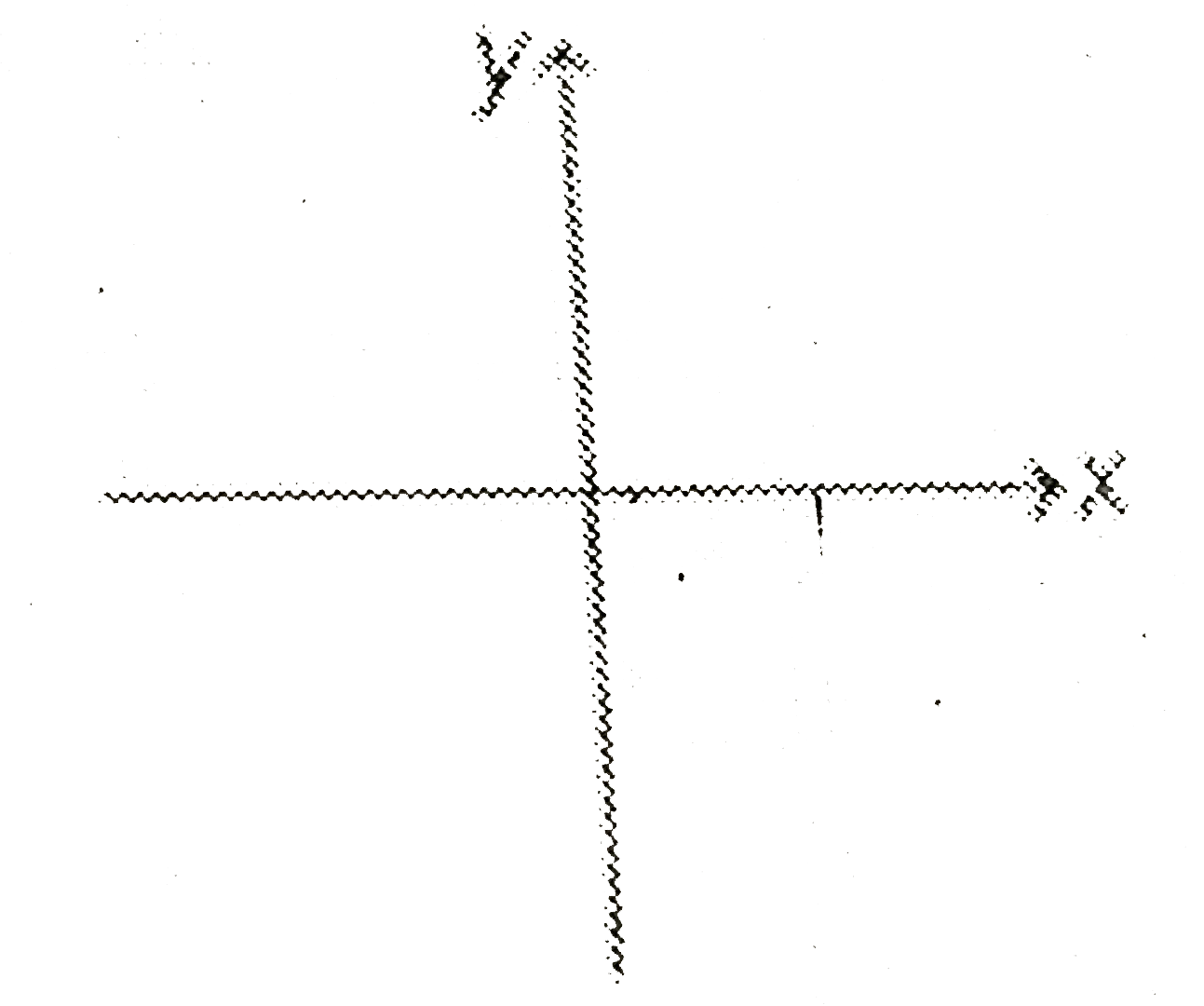The ends of a stretched wire of length L are fixed at x=0andx=L. In one experiment, the displacement of the wire is y1=Asin(πx/L)sinωt and energy is E1 and in another experiment its displacement is y2=Asin(2πx/L)sin2ωt and energy is E2. Then
A
E2=E1
B
E2=2E1
C
E2=4E1
D
E2=16E1
Video Solution
Text Solution
The correct Answer is:C
Energy (E)∝(Amplitude)2(frequency)2 amplitude is same in both the cases, but frequency 2ω in the second case is two times the frequency (ω) in the first case. Hence E2=4E1.
|
Topper's Solved these Questions
Similar Questions
Knowledge Check
The ends of a stretched wire of length L are fixed at x=0andx=L. In one experiment, the displacement of the wire is y1=Asin(π/L)sinωt and energy is E1 and in another experiment its displacement is y2=Asin(2πx/L)sin2ωt and energy is E2. Then
AE2=E1BE2=2E1CE2=4E1DE2=16E1The ends of a stretched wire of length l are fixed at x = 0 and x = l. in one experiment, the displacement of the wire is y1=asin(πxl)(sinωt) and energy E1 and in another experiment, its displacement is y2=asin(3πxl)(sin3ωt) and energy is E2 then
AE2=E1BE2=3E1CE2=E13DE2=9E1The rms value of the emf given by E=8sinωt+6sin2ωt .
A5√2VB7√2VC10VD10√2V
Two particle are executing simple harmonic motion. At an instant of time t their displacement are y1=acos(ωt) and y2=asin(ωt)
Then the phase difference between y1 and y2 is
View SolutionThe displacement of two interfering light waves are given by y1=3sinωt,y2=4sin(ωt+π/2). The amplitude of the resultant wave is
View SolutionA body is executing simple harmonic motion As x displacement x its potential energy is E1 and at a displacement y its potential energy is E2 The potential energy E at displacement (x+y) is
View SolutionPosition of a particle varies as y=cos2ωt−sin2ωt. It is
View SolutionA xandy co-ordinates of a particle are x=Asin(ωt)andy=Asin(ωt+π/2). Then, the motion of the particle is

View Solution
